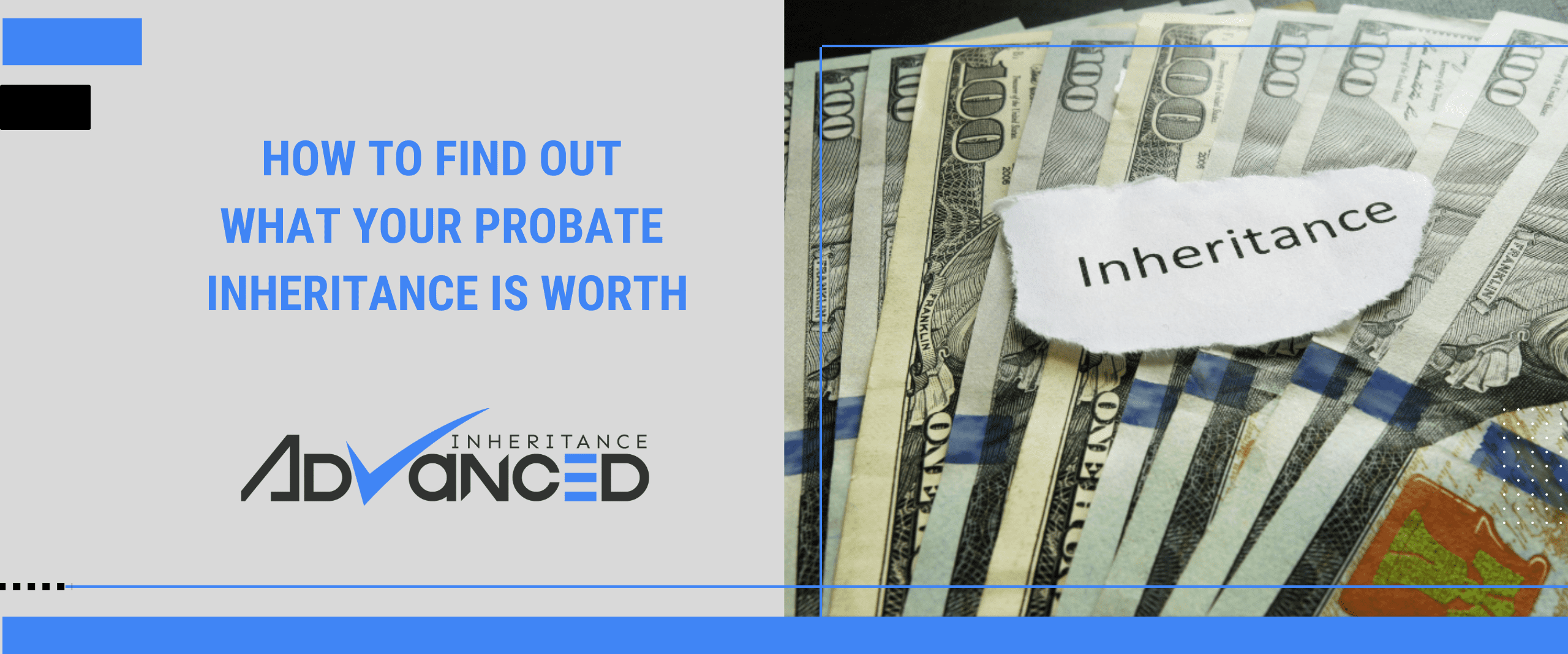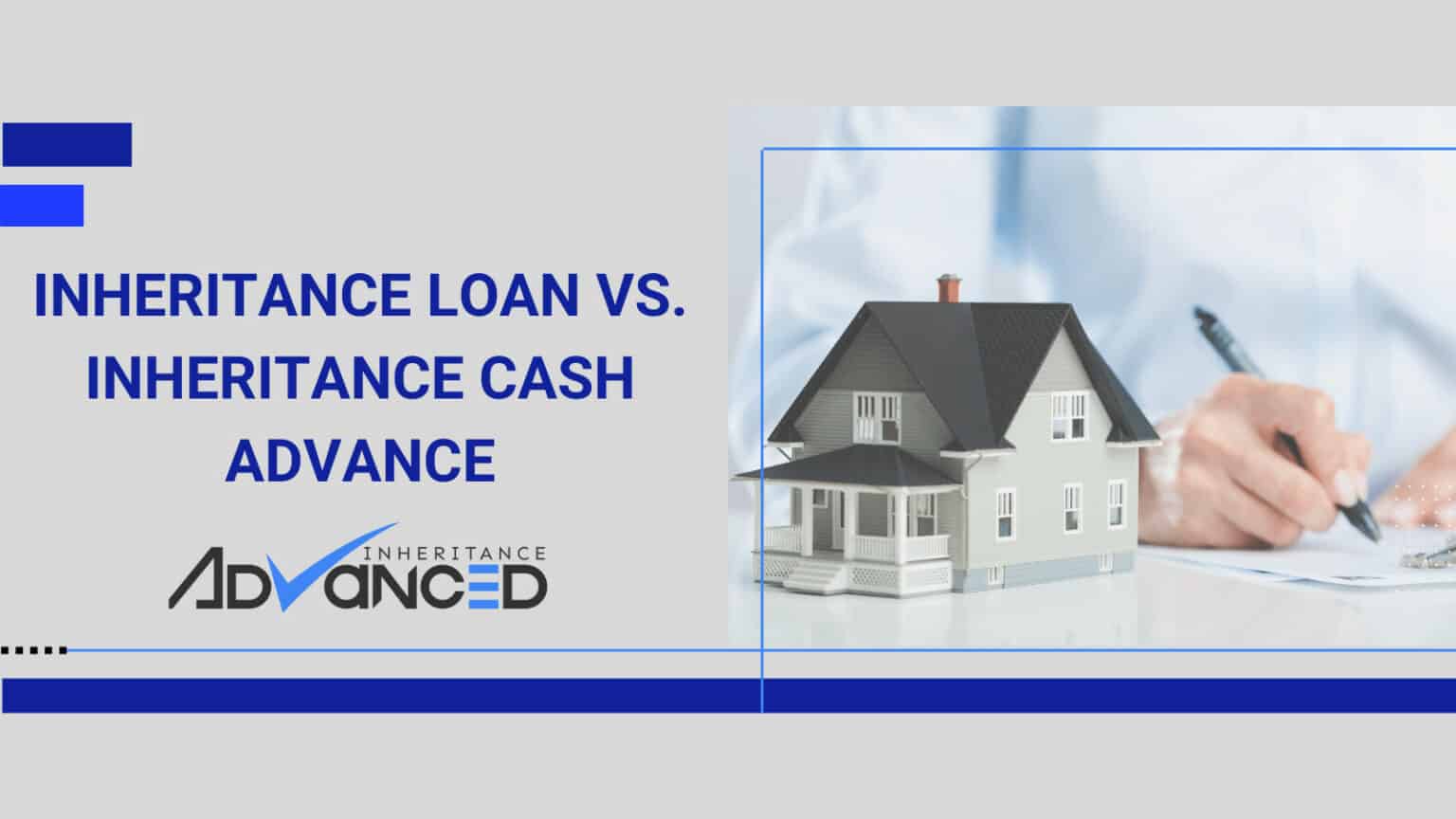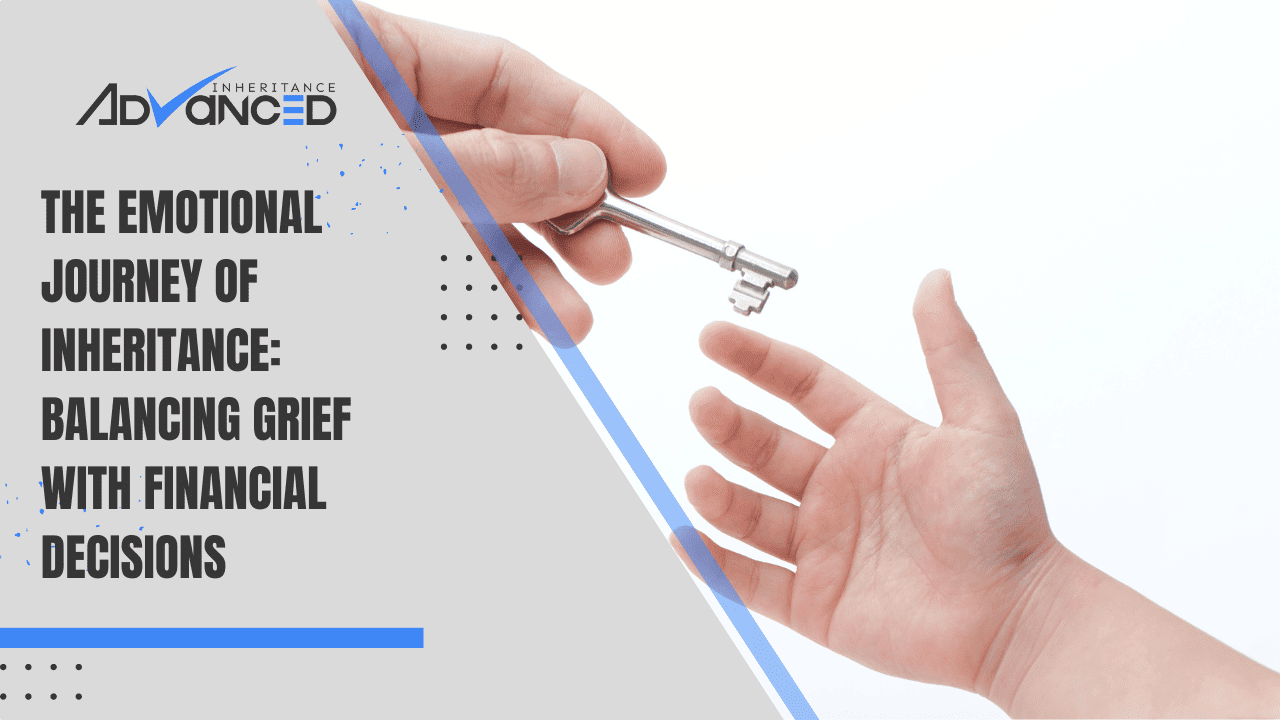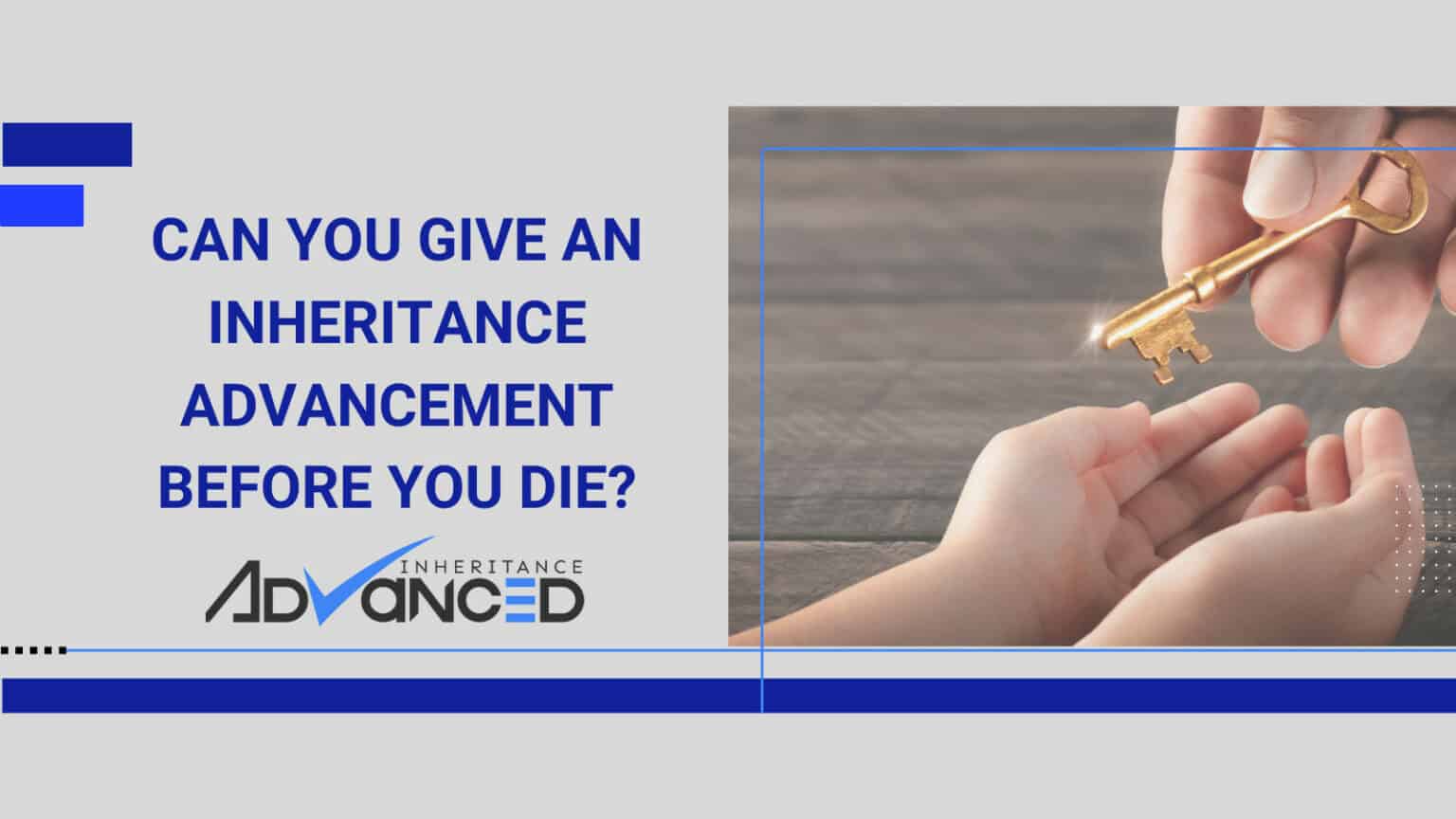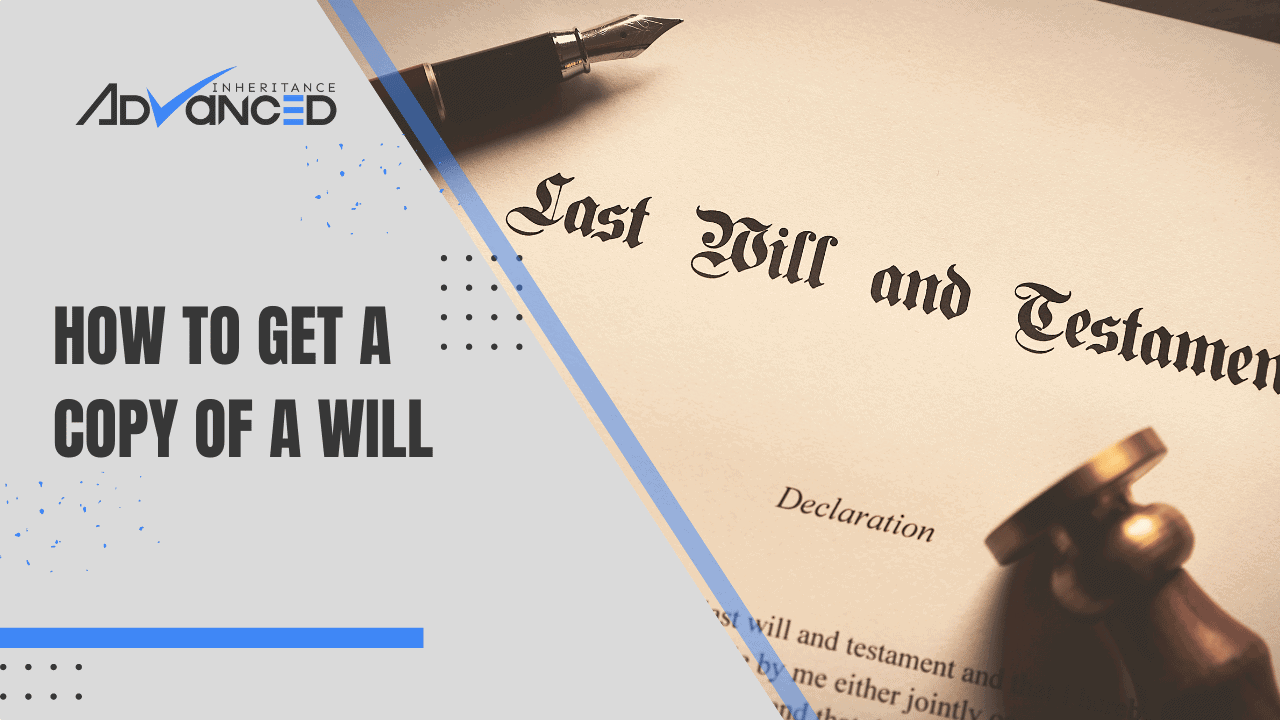The probate process can be complex especially if there are no wills or if there are issues related to debts, beneficiary designations and joint assets ownerships that need to be sorted out. Navigating through the probate process would often require ongoing legal advice. One of the most important questions is what your share of probate inheritance should be?
Aside from the fact that getting a fair market value means a financial advantage for you, it is necessary for tax assessment purposes. The amount of inheritance and capital gains taxes is dependent on the value you get for the estate and determines what you and any other beneficiary will be entitled to.
Calculating the fair market value of inherited assets in probate
In order to calculate the cost basis on an inherited asset, the fair market value of the property on the original owner’s date of death or another date selected by the executor of the estate is used. It is important to note that the alternative date selected by the executor must not be later than six months after the death of the original owner.
The fair market value of the property at any of these dates is taken to mean the price that the inherited asset will fetch in the marketplace given the conditions that buyers and sellers have ample information about the asset and a sufficient period of time is allowed for transactions to take place.
In cases where the value of the asset has dropped, the executor can choose a date that is six months after the date of death. This method is also used if beneficiaries want to reduce the taxes due on the inheritance.
Don't Wait for Probate
Finding out the value of your share from a probate inheritance
Finding out the fair value of your share from an inheritance is quite important because you want to ensure that sales or valuations were made on business-like terms and fair values were assigned to assets.
You also want to ensure that the values assigned to assets are acceptable by the IRS for taxable gains purposes. There are two main methods of finding out the value of your share; you can rely on estimates made by either real estate agents or professional appraisers. The easiest way to understand what your inheritance is worth is to do an inventory of assets and expenses and to come up with a gross value of the probated estate. Once you know how much the total estate is worth, you will know how much your share is worth.
Example of estate value:
If an estate has property worth \$3,000,000 dollars, a checking account worth \$100,000 and an investment account worth \$400,000 then the gross estate value is \$3,500,000. But there is a mortgage on the house in the total of $1,500,000. The bank in this case is a creditor that will need to be paid back. This makes the net value of the estate worth $2,000,000. If your beneficial interest in the estate is 50% then your estimated value is $1,000,000 less any attorneys fees for probate court or miscellaneous expenses that occur. If you need money immediately to pay off funeral costs or mortgage fees then you can receive an inheritance advance up to the amount of 30% of your beneficial interest or in this case, $300,000. If you are interested in understanding how much you can receive, we created a simple inheritance advance calculator for you to use.
How Is The Cost Basis Calculated On An Inherited Asset?
The cost basis of an inherited asset is an assigned value that is used to calculate the gains accrued when you sell an inherited property. Normally, cost basis calculations are used in computing capital gains on assets you own. In the case of inherited assets, the cost basis is approximated as being equal to the fair market value of the asset as at the time the transfer of asset was made or at the time of death of the deceased.
Estimates from real estate agents
While market conditions may not always be favorable for real estate sales, estimates of fair market values can always be obtained from real estate agents. Also, if the estate is going through probate, there are a lot of constraints on selling. Real estate agents can provide a fairly accurate albeit subjective value of an asset.
You can get realistic estimates based on the selling prices of comparable properties from two or more local agents and use these to arrive at a fair market value. When using this method, emphasize on the fact that you are not promising the agents involved any future business, this is to get a price that is more realistic and in tune with prevailing market conditions.
Estimates from professional appraisers
Another method of finding out the value of your share from a probate inheritance is through the use of professional appraisers. Actually, the most defensible and reliable value you will get will be from an appraisal conducted by a licensed appraiser.
Appraisers are more objective in evaluating the value of an asset and are more equipped to handle evaluations for commercial or income-producing properties. These types of properties are often unique and there are few comparable ones from which local real estate agents can extrapolate values.
Licensed appraisers typically charge hundreds of dollars to appraise residential properties and more for commercial ones but engaging the services of a licensed appraiser will save you more money and stress in the long run. You can contact one through local banks, mortgage officers or real estate agents.
Do I have to pay any tax on an inheritance?
One of the most frequent questions people ask about inheritance is whether they have to pay tax on it. You may be wondering about this question too. Whether you will pay taxes on your inheritance and the rate at which such inheritance will be taxed depends on your relationship with the deceased and the value of the inheritance. There are no federal inheritance taxes in the US but states like Maryland, Kentucky, New Jersey, Pennsylvania and Nebraska charge inheritance taxes. Even if you live in these states and you are the surviving spouse of the deceased you will not pay inheritance tax. Except in Pennsylvania and Nebraska, descendants are not required to pay inheritance taxes.
You should also understand the amount of tax you are required to pay on an inheritance if you live in states that demand them. These rates are also determined by the value of the inheritance and the extent of the familial relationship between the beneficiary and the deceased. The threshold amounts vary from $500 to $40,000 and the tax rates are between 1% to 18%. To be sure, you have to consult tax practitioners in your state as the laws guiding payments vary between states and are often complex.
Do I have to pay inheritance tax on money I was given by someone before they died?
If you are concerned about whether you should pay inheritance tax on money you were given by someone before they died, the short answer is No. Inheritance tax applies only to assets inherited from an individual who is at the time of receipt deceased. Money given by someone before they die counts as a gift and as such inheritance tax cannot be paid on it.

